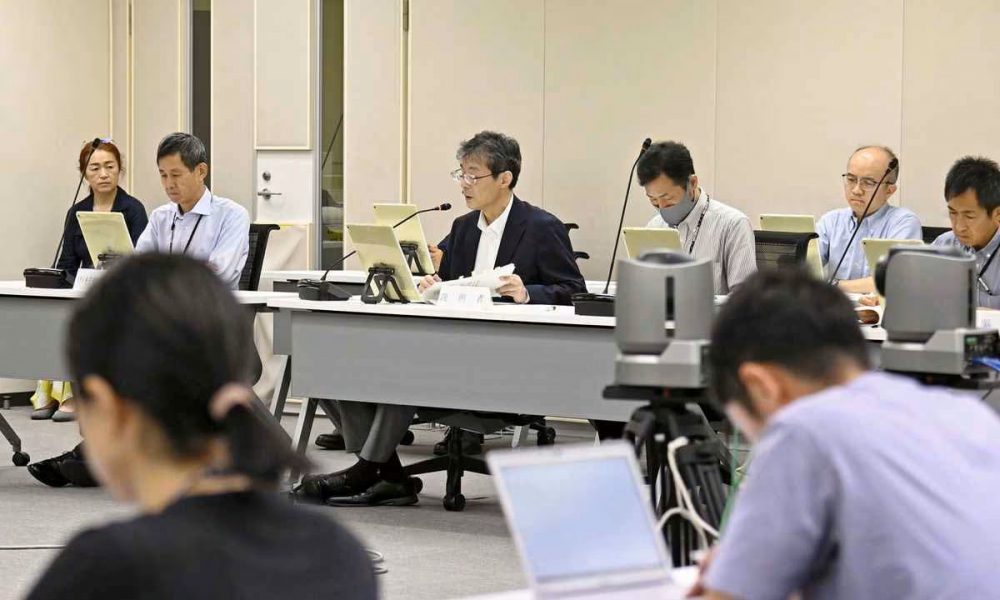
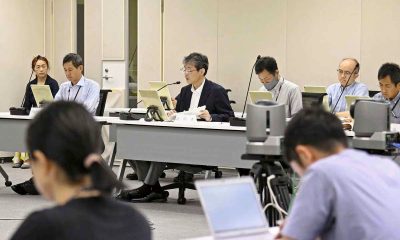

The NRA has become "hostage" to a zero-risk mentality. Hopefully, the new members will help it become a positive force again in Japan's energy security.
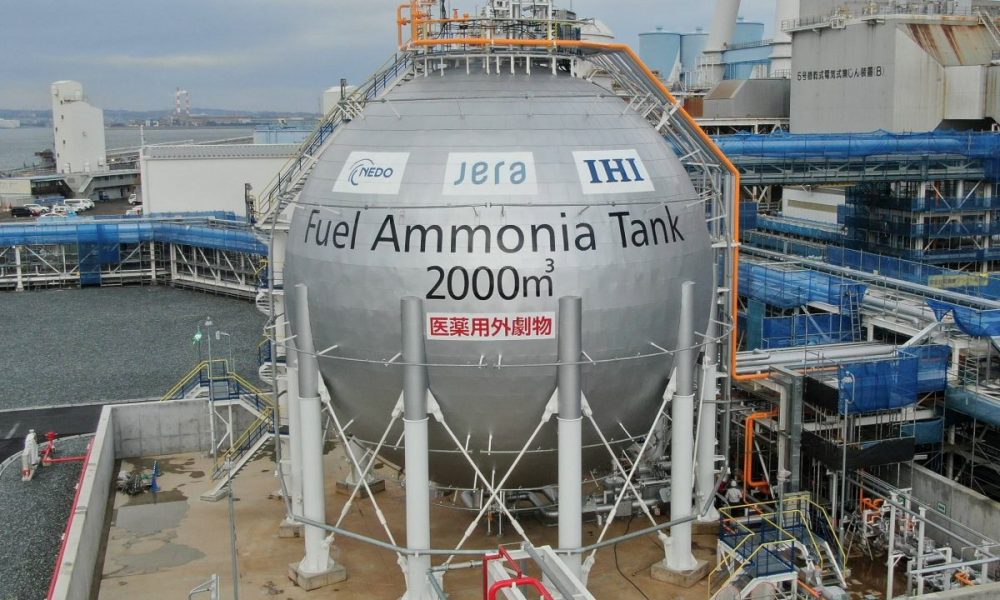
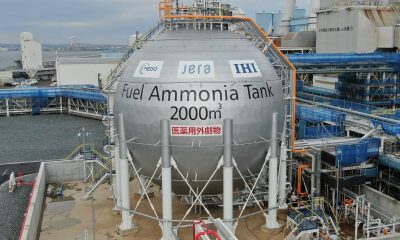

Japan has successfully tested ammonia co-firing and coal gasification technologies aimed at significantly reducing CO2 emissions from coal-fired power.
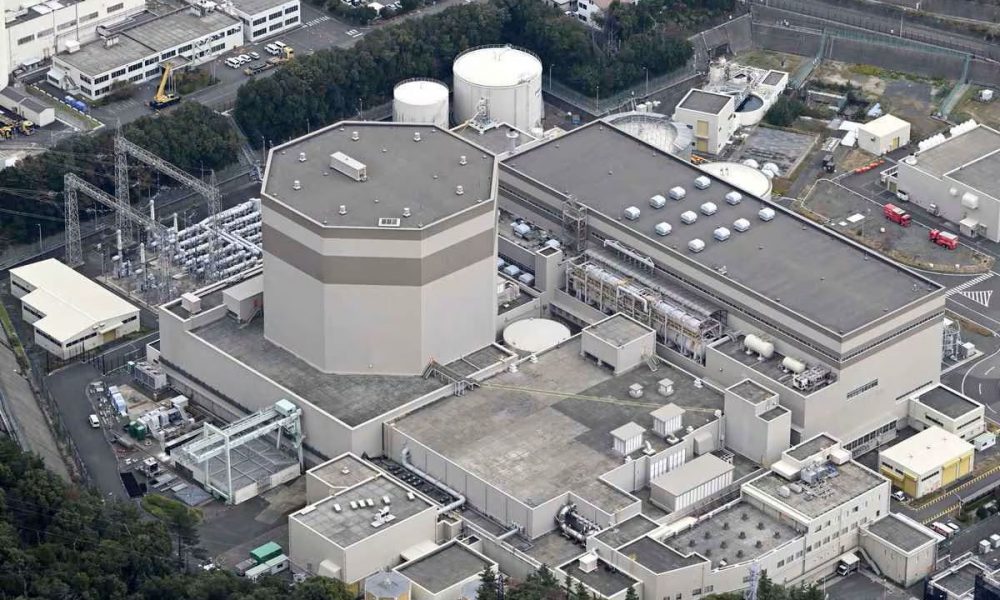
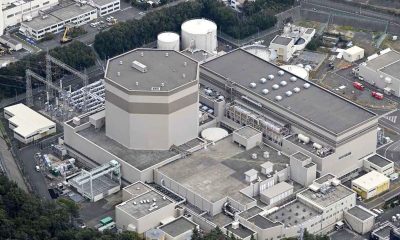

The NRA's role is to enhance nuclear safety, a key to energy security. But at Tsuruga and elsewhere, it simply seems intent on ending nuclear power...
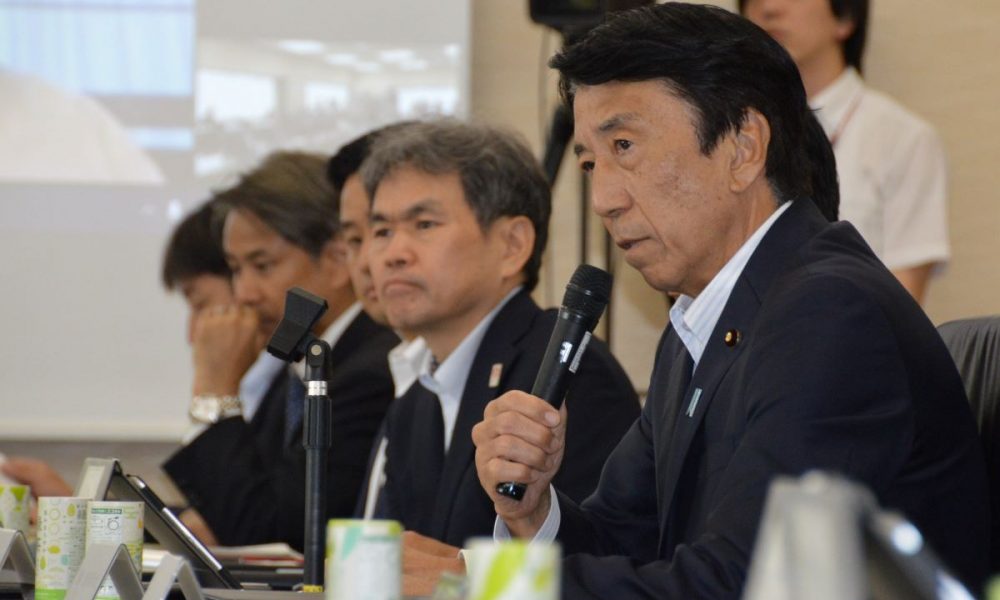
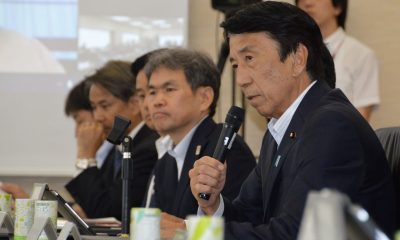

The new energy plan must balance decarbonization, an anticipated rise in demand due to technological advances, and the need for a cheap, stable energy supply.
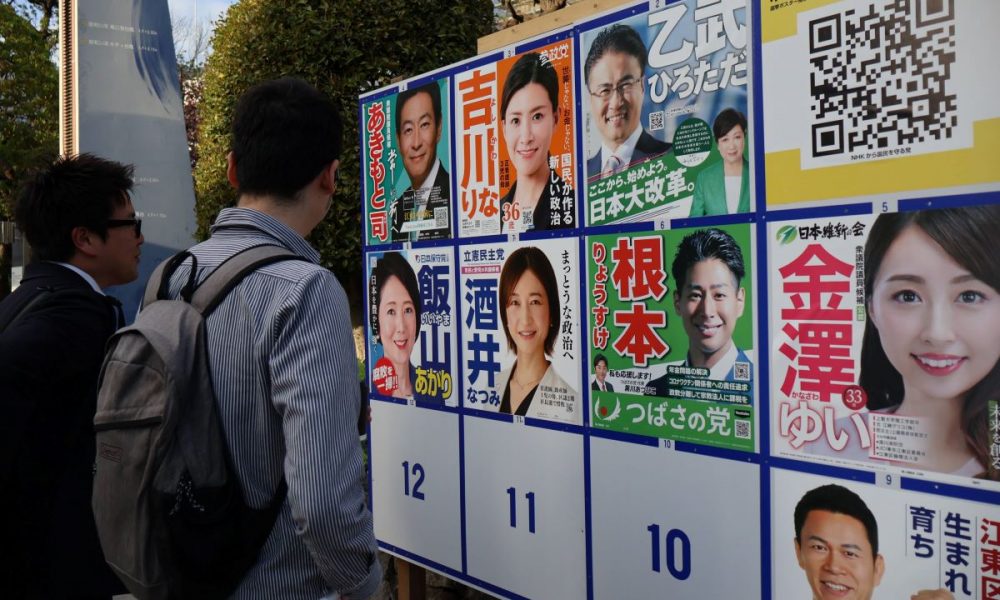
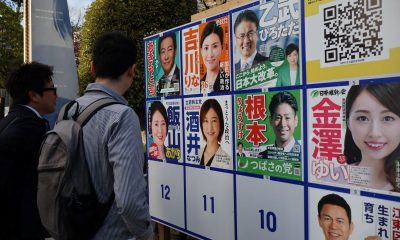

The CDP dominated the by-elections amid growing concerns over campaign interference, leftist collaboration, and conservative fragmentation.
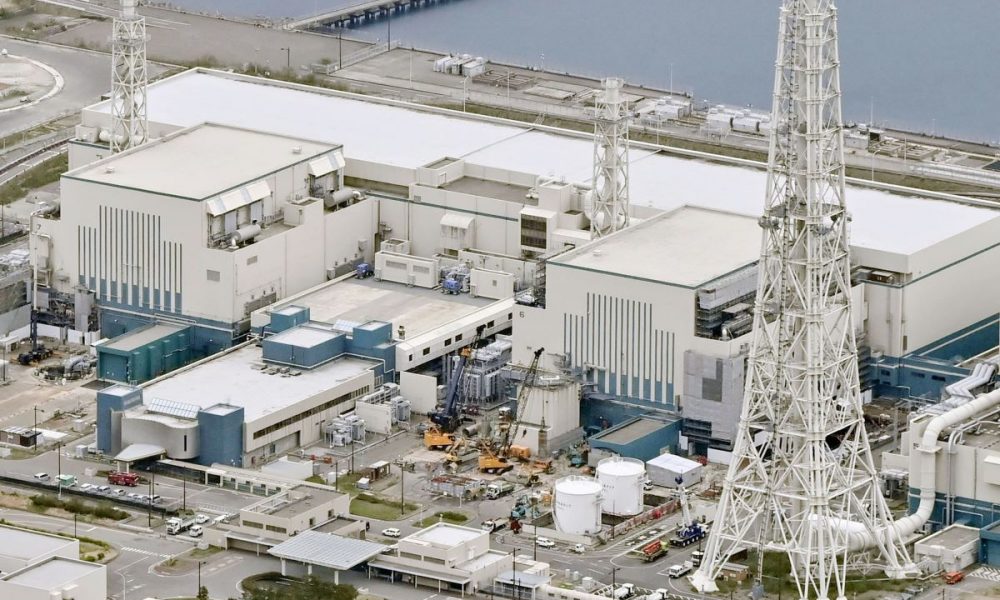
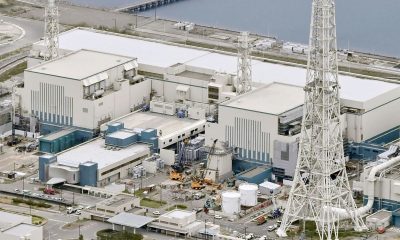

The Kashiwazaki-Kariwa Nuclear Power Station would have contributed to Japan's stable energy supply. But the NRA only lifted the ban after nearly three years.
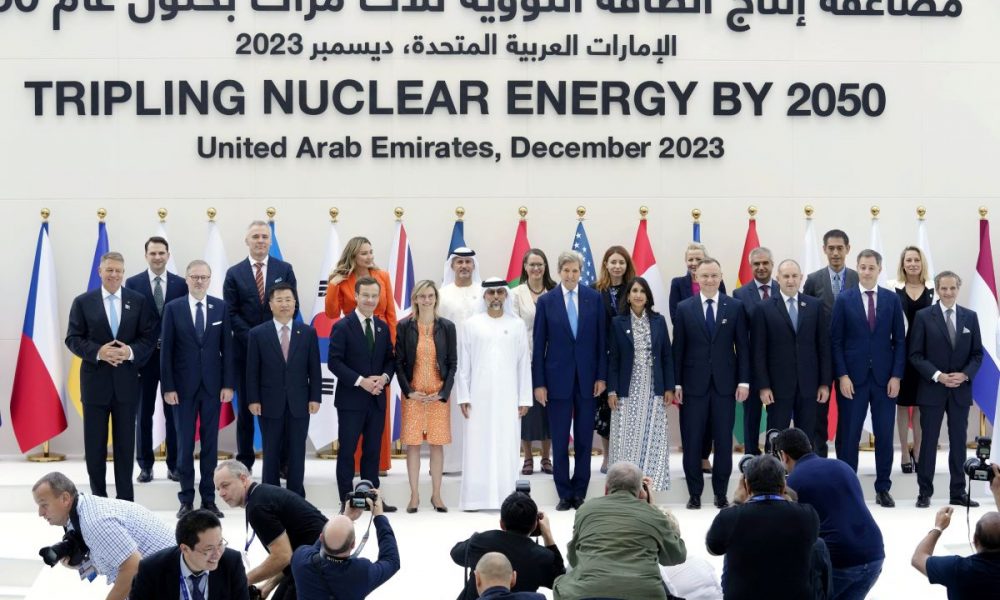
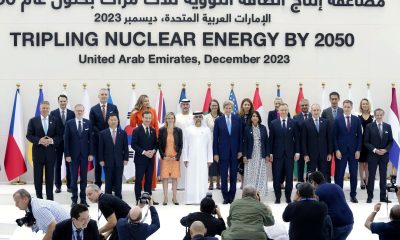

The COP28 declaration to triple renewable energy sources is an opportunity for Japan to share its advanced technology for nuclear power development overseas.



As Middle East turmoil disrupts maritime commerce, Japan and India's security focus is expanding to the vital oil shipping routes through the Persian Gulf.

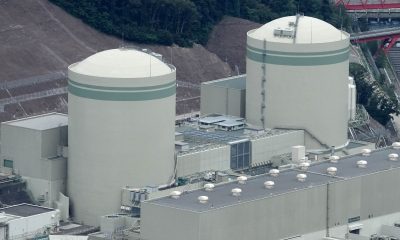

Japan must urgently address energy security by implementing its energy policy, restarting nuclear power, and ensuring a baseline supply for the nation's needs.



With significant disagreements between G7 nations and the China-Russia camp, the G20 is struggling to show a united front in addressing critical energy issues.
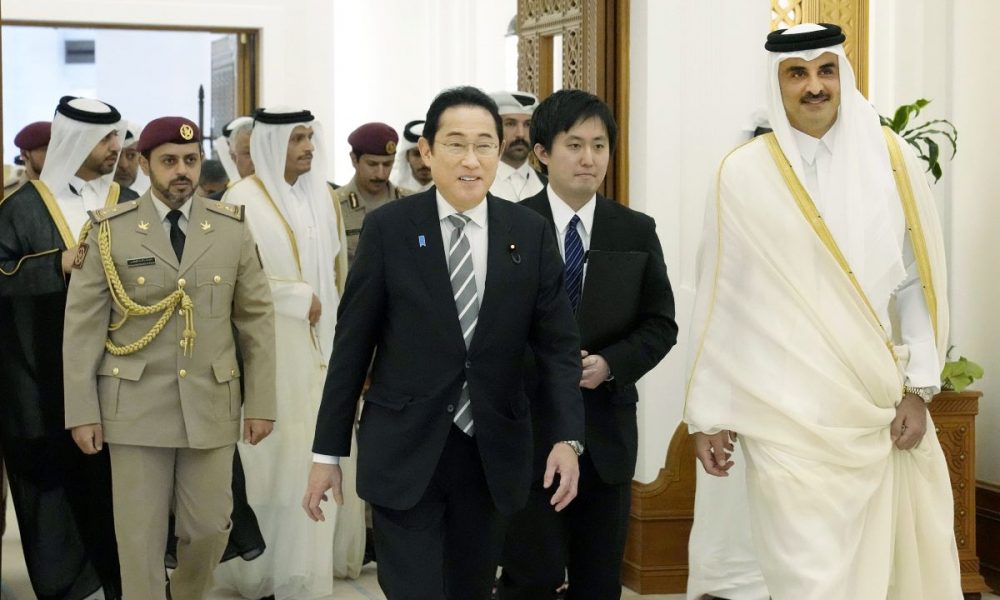


Building new-style bilateral ties with the Middle East through technical cooperation promotes regional security while advancing Japan's stable energy goals.
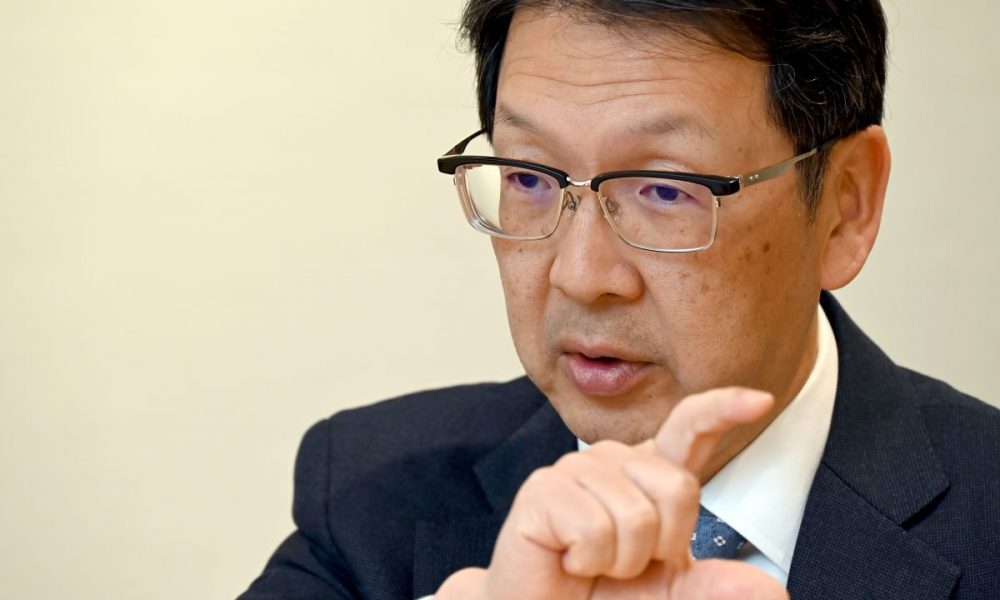
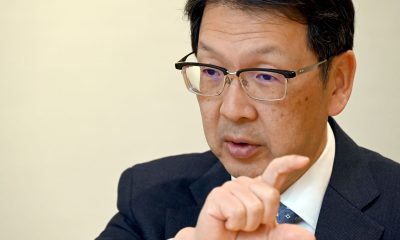

The new CEO of JERA, Hisahide Okuda, reveals his determination to take every measure possible to achieve ambitious targets for offshore wind power by 2025.